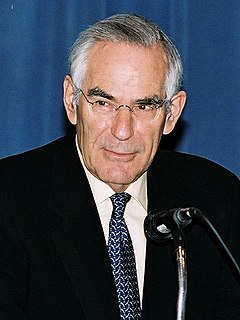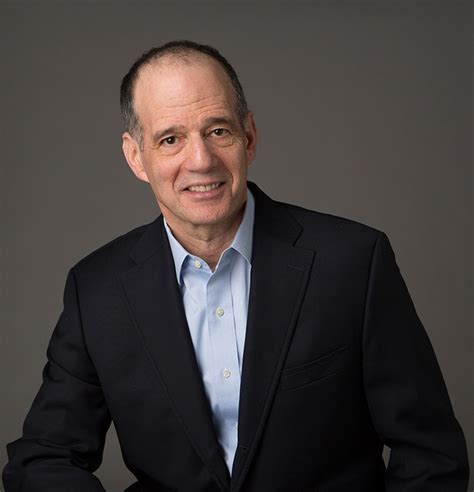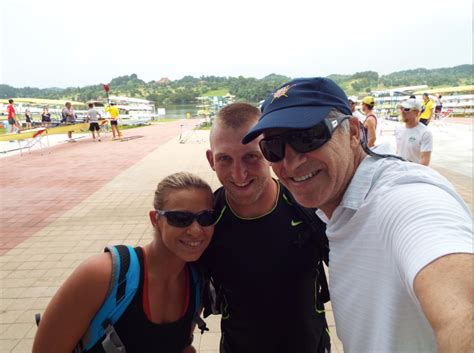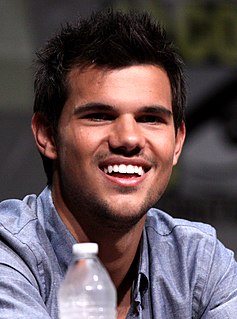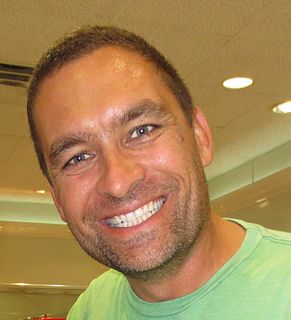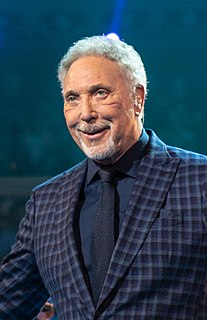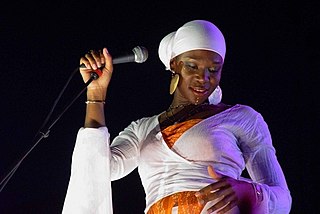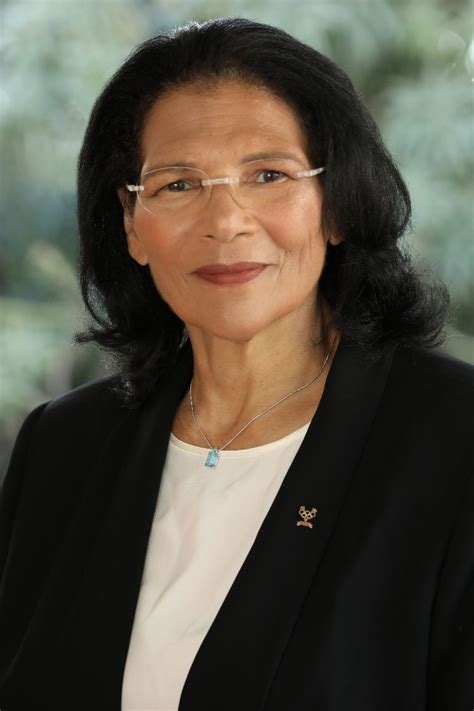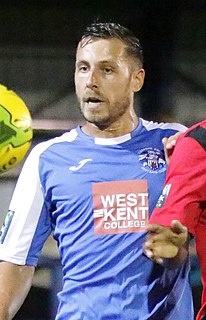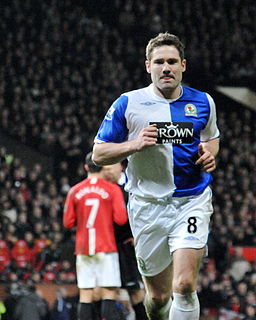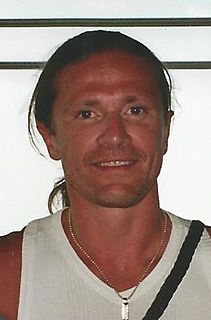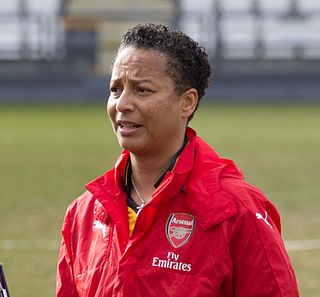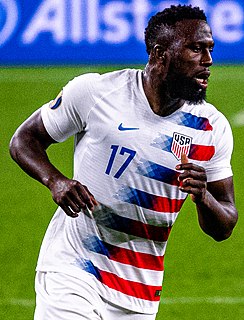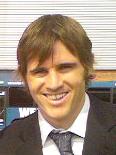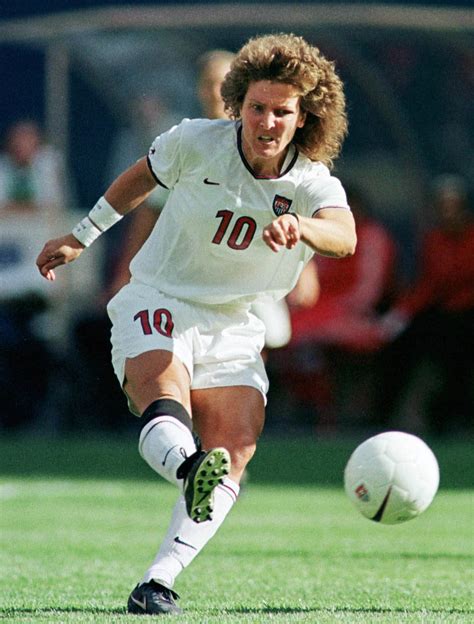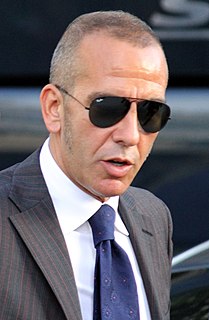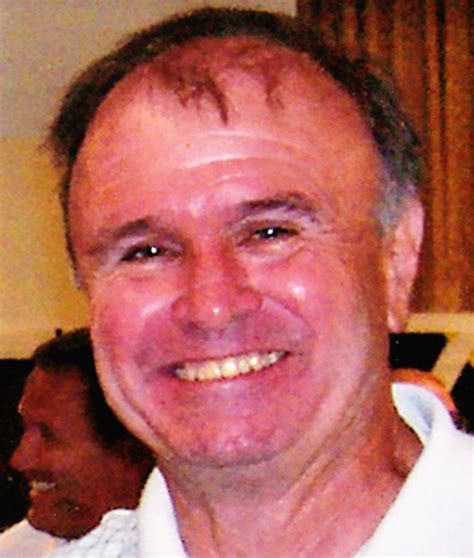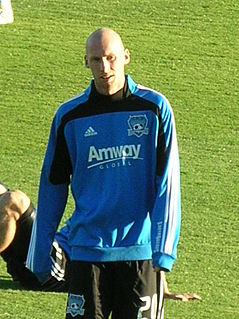A Quote by Stefan Kieszling
I climbed on the rowing ergometer, and started to pull - losing myself in the rhythm of sweat and pain.
Related Quotes
Rowing, particularly sculling, inflicts on the individual in every race a level of pain associated with few other sports. There was certainly pain in football during a head-on collision, pain in other sports on the occasion of a serious injury. That was more the threat of pain; in rowing there was the absolute guarantee of it every time.
One training device is the ergometer. I never owned one, never trained on one, and practically never used one. The few national team tests I took on ergs were dismal failures, which worked wonders to further my dislike of these beastly creatures. Boring. Tedious. Noisy. Ergs have greatly cheapened rowing. Graceless. Greasy. Grim. The erg is to rowing what having sex by yourself is to having sex. Stop it!
I was in the gym five days a week, two hours a day. At one point, I was going seven days straight. I had put on a lot of weight, and then I started losing it drastically, so I was worried. It turned out I was overworking myself. My trainer told me that I couldn't break a sweat, because I was burning more calories than I was putting on.
I have come to the conclusion that rowing alone won't bring top of the line erg scores. The two are really completely different. The motion is, of course, fairly similar to rowing. However moving your own body back and foth on a machine that doesn't move is a challenge that cannot be mastered unless it is trained. Therefore, I believe that people who only row will find it harder to pull scores on the erg that are in the highest percentile.
I started dealing with my emotional pain by writing. I always had been a writer, but just not songs. Saying things on paper that I would never, ever say, and saying things to myself, admitting things to myself, about myself and my personality, just putting it on paper, is how I deal with emotional pain.
I wasn't popular in school, I was Mexican, I was all these inappropriate things. I started playing the ukulele and taking it to school, and I realized people liked listening to it. I would play it to comfort myself at home, and I'd play rhythm and blues songs that had four chords. That's how it started.

